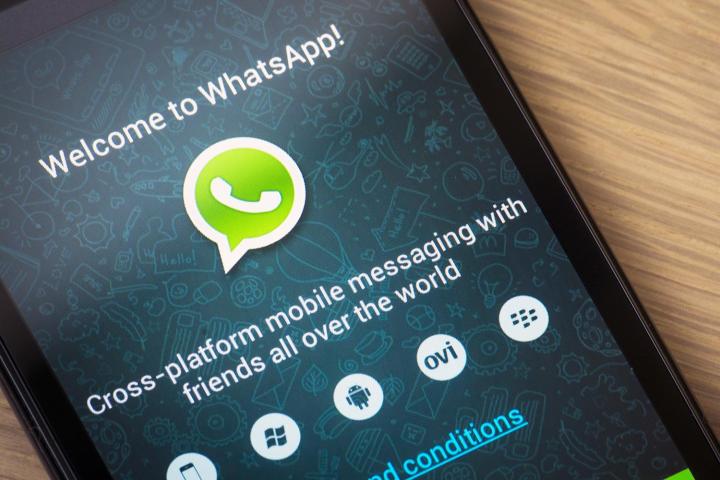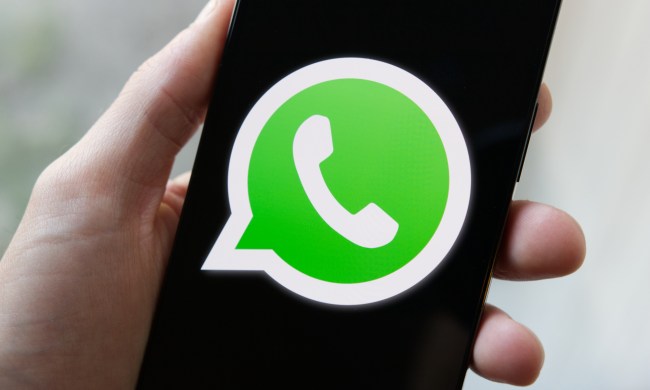
The move represents the closing of a potential loophole in the end-to-end encryption of WhatsApp, and should ensure that you can more easily keep your private messages private. According to some reports, iCloud backup encryption has been a feature for a few months now, but it only recently became known. One security company, however, claims to have been able to get around the encryption.
The company, called Oxygen Forensics, can only circumvent the encryption in a specific scenario: when it has access to the SIM card with the same cell number that WhatsApp uses for verification to generate the encryption key. What that means is that, for example, police with access to a SIM card could potentially use it to gain access to encrypted messages stored in iCloud.
Encryption is a growing concern among consumers, especially considering recent reports about government spying, and the fact that new hacks and malware are discovered all the time. WhatsApp has long been a trailblazer in bringing end-to-end encryption to users, and completed a rollout of the encryption to all of its platforms and users in April 2016. Not only that, but the company has resisted demands from governments asking for access to user data. As a result, the app has been blocked multiple times in Brazil as a penalty for refusing to hand over data.
These battles over user data and encryption are only likely to continue to heat up over the next few months, as governments repeatedly demand access to data, and companies continue to refuse to comply with those demands. In the meantime, however, your iCloud WhatsApp backups are now a little safer.

